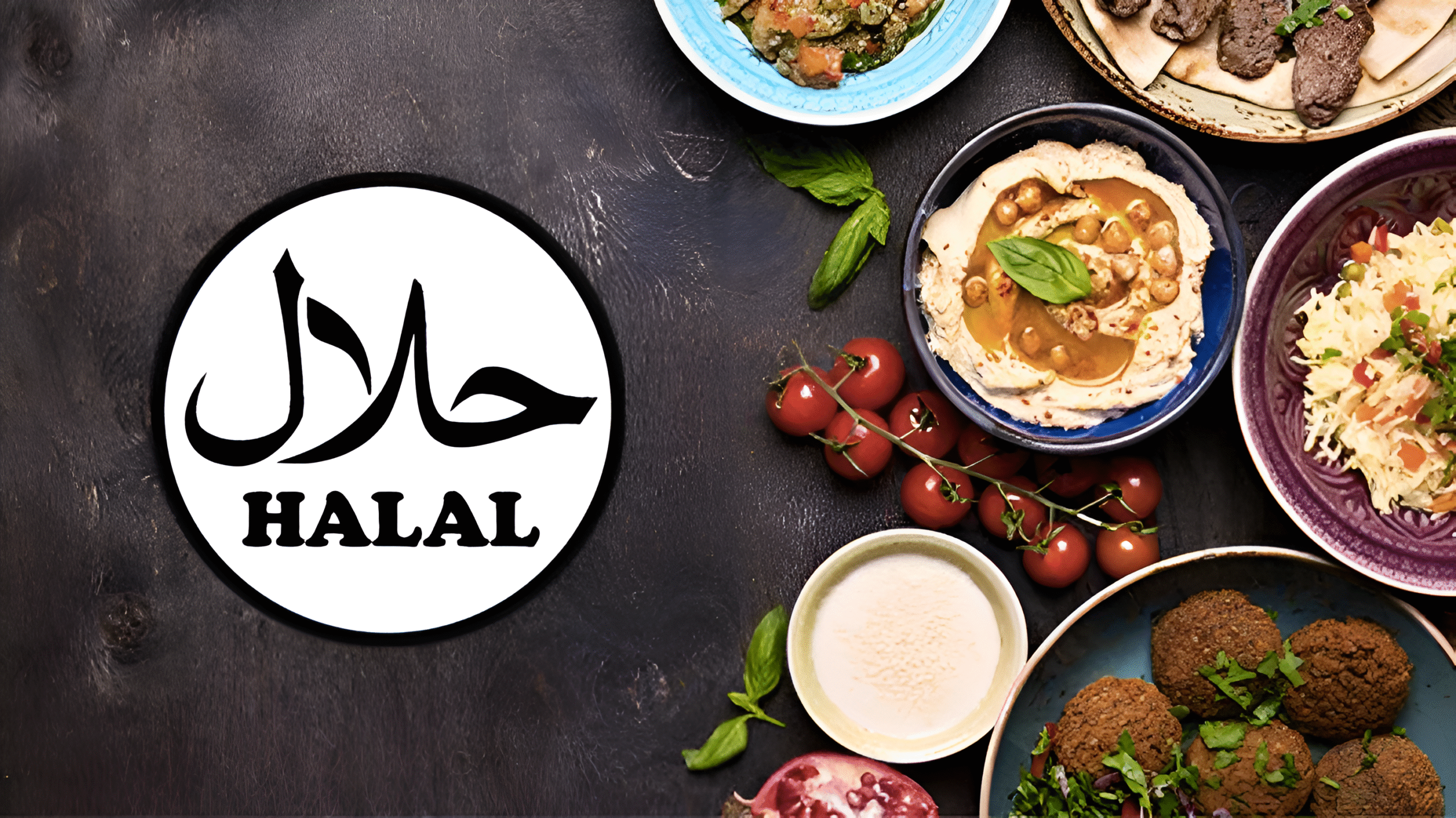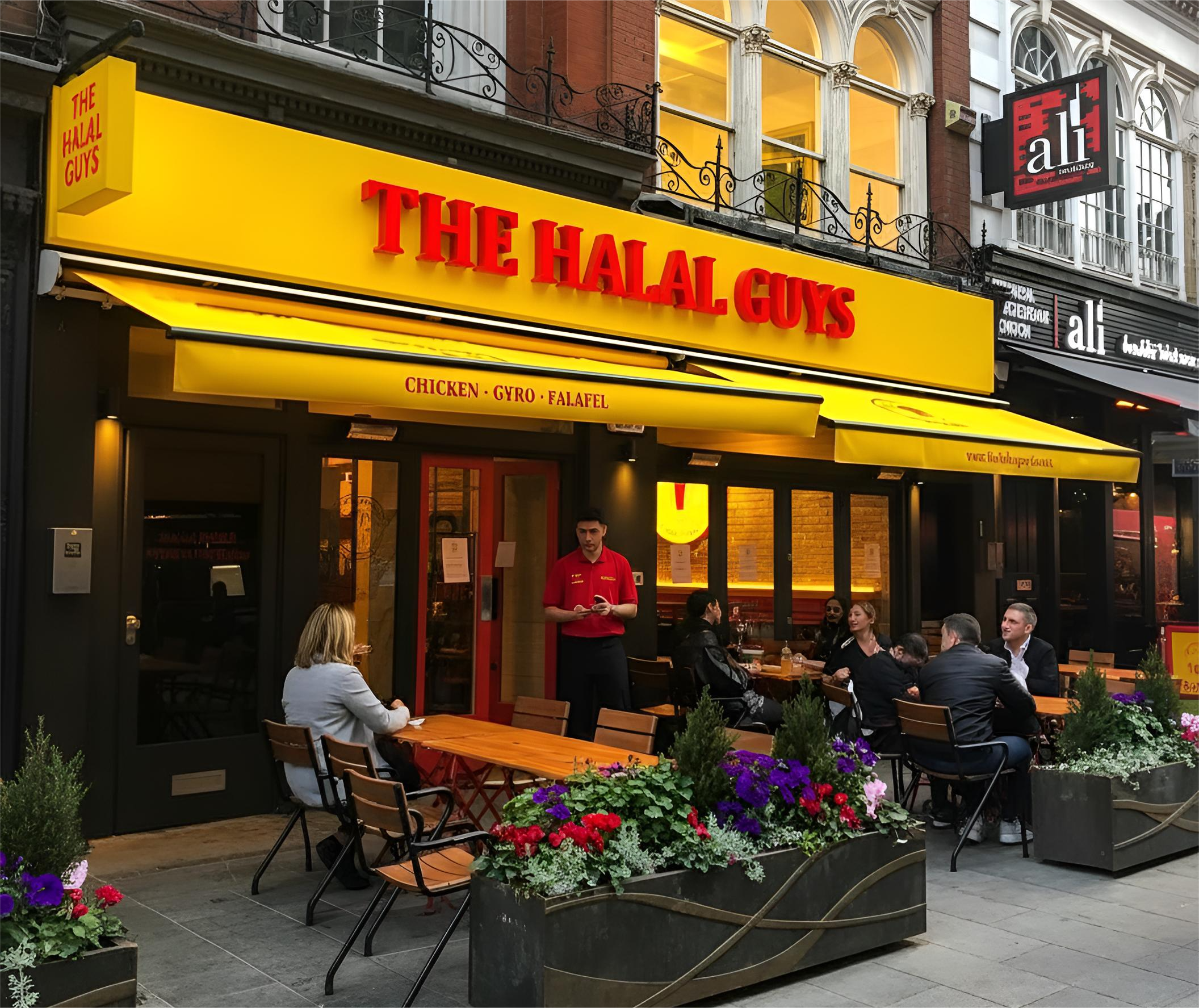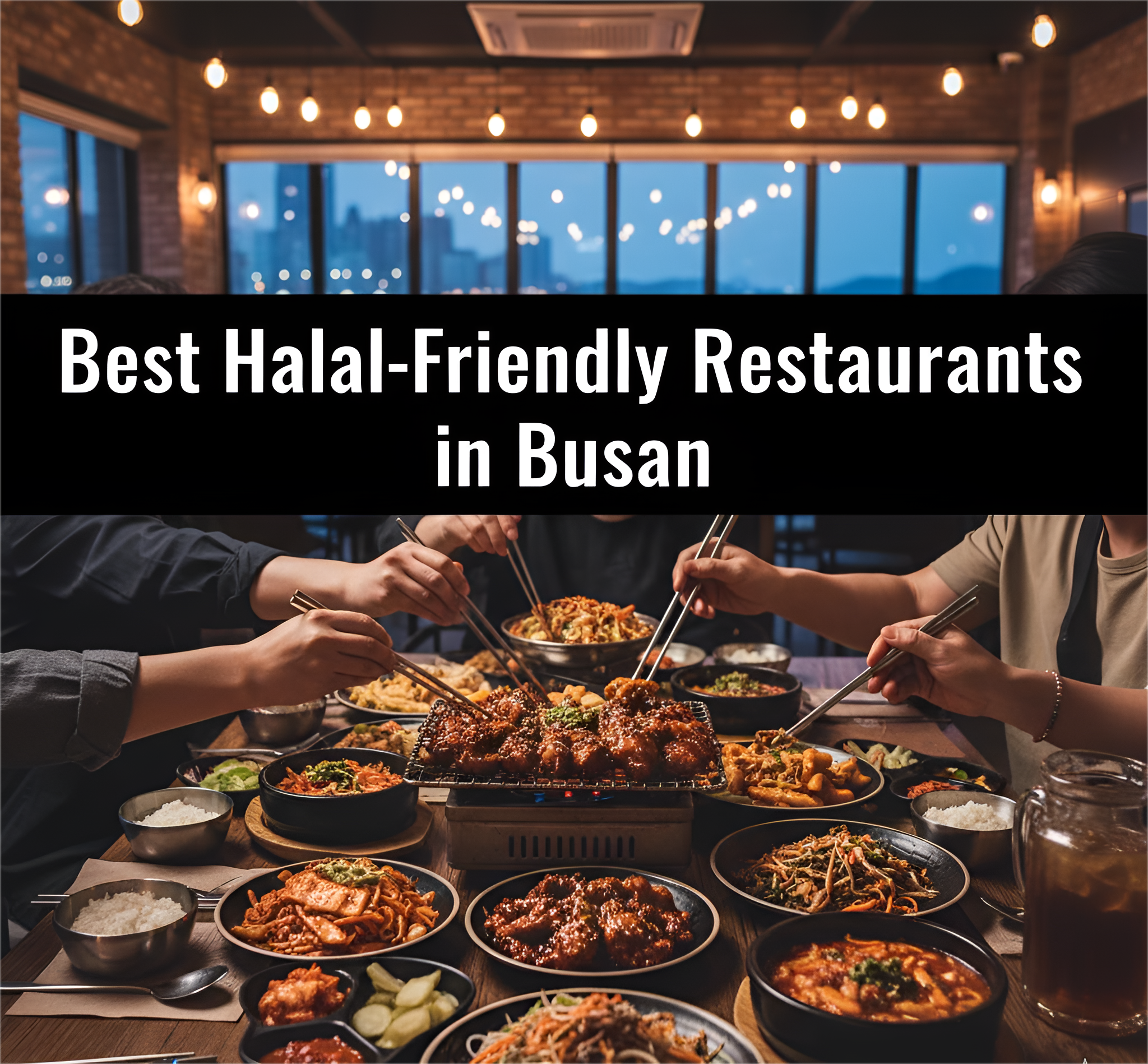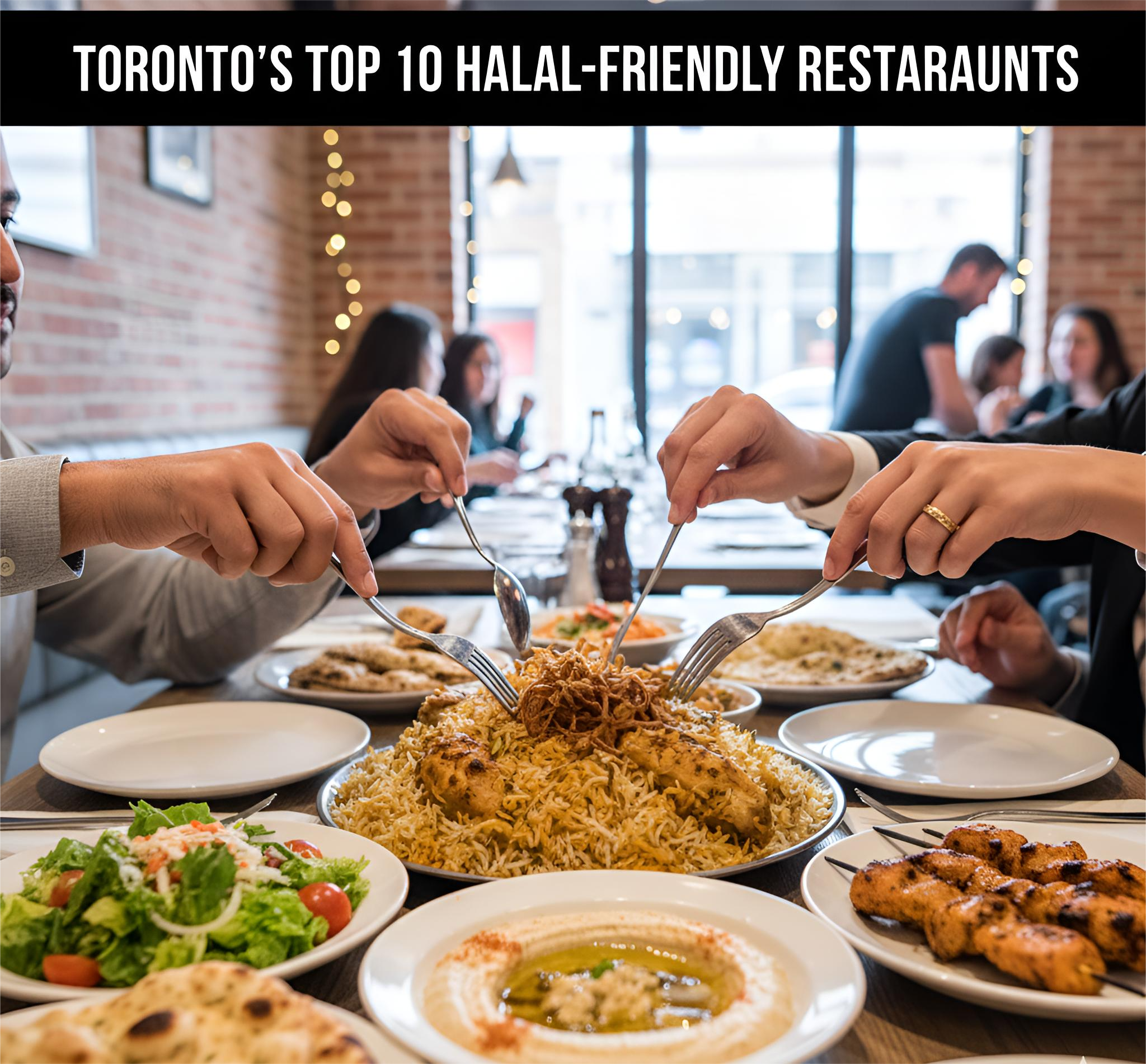Halal Food: A Simple Guide to What’s Permissible

Halal: A Moral Code for an Aware Life
In an age of continually increasing consumer options, one word informs the everyday choices of close to two billion individuals: Halal. Too frequently in the West narrowly defined as a code of dietary laws, especially concerning meat, Halal is actually a deep and extensive ethical code that pervades all areas of a Muslim’s life. Discovered from the Arabic term for “permissible” or “lawful,” it is the opposite of Haram, meaning “forbidden.” As a pair, these terms create a sacred compass, offering guidance on everything from food and money to dress and personal behavior. To really get Halal is to peer over the butcher’s counter and envision a complete system aimed at cultivating purity, justice, and awareness in one’s relationship with God, with creation, and with oneself.
Halal’s principles are based on the Qur’an, Islam’s chief religious book, and the Sunnah, the life and practice of the Prophet Muhammad. The central philosophy is stewardship; Muslims hold that human beings are entrusted by God (Allah) to live on planet Earth responsibly. That includes only eating what is pure, wholesome, and ethically produced. The ultimate goal is not merely to follow rules but to cultivate taqwa—a state of God-consciousness that informs every choice, ensuring that one’s actions are pleasing to the Creator and beneficial to society and the environment. It is a lifestyle choice that emphasizes gratitude, moderation, and an awareness of the divine source of all provisions.
Halal on the Plate: The Principles of Islamic Dietary Law
The most commonly known usage of Halal principles is in the food and beverage industry. Islamic food law is strict, giving very clear instructions on what may and may not be consumed. The basis of this code is the conviction that what a person eats directly impacts his or her spiritual and physical health.
Permissible vs. Forbidden
Most foods are normally Halal, but if they are especially marked as Haram, then they are Haram. The main categories of Haram products are:
- Pork and its by-products: This is the most widely recognized prohibition. Everything about the pig, including its meat, fat (lard), and anything derived from it such as gelatin or enzymes, is strictly forbidden.
- Blood: Drinking running blood is not allowed. For this reason, the procedure of slaughtering is so important, because it is aimed at drawing out as much blood as possible from the carcass.
- Carrion: Flesh of an animal that has died a natural death, succumbed to disease, or has been slaughtered by another animal is not allowed.
- Animals slaughtered in the name of anyone other than Allah: Slaughter is an act of worship, and an act of worship dedicated to any other entity or deity is prohibited.
- Intoxicants: Alcohol and everything that dazes the mind and deters judgment are strictly Haram. The ban comes not just for beverages but also for alcohol consumed during food preparation, flavorings, and even some medications where a substitute exists.
- Fanged carnivorous animals and bird of prey with talons: Lion, dog, and eagle are examples of animals which are not Halal.
Conversely, there are countless foods that are Halal. All fruits, vegetables, grains, and legumes fall into this category. Seafood is most often Halal, as are milk and eggs from Halal animals. For meat and poultry, the most important consideration is how the animal was killed.
The Art and Science of Dhabihah
For the meat to be Halal certified, it will need to be taken from a permissible animal that has undergone the designated method referred to as dhabihah. The process is not just a technical procedure but a religious act controlled by demanding rules aimed at being humane and at respecting the animal’s life.
The essential requirements of dhabihah are:
- The Slaughterer: The individual slaughterer should be an adult sane Muslim who has knowledge and appreciation of the principles of the ritual.
- The Intention: Allah’s name should be called at the time of slaughter by saying “Bismillah, Allahu Akbar” (In the name of God, God is the Greatest). This recognizes that life is holy and is taken with God’s permission to satisfy the genuine requirement of food.
- The Instrument: A very sharp knife should be employed to make a quick, penetrating cut with minimal distress to the animal. The blade should not have nicks that might rip the flesh.
- The Technique: The cut has to sever the trachea (windpipe), esophagus (gullet), and the two jugular veins and carotid arteries. This results in a sudden decrease in blood pressure to the brain, which immediately leads to a quick loss of consciousness and a more effective drainage of blood from the carcass, which is seen as critical for cleanliness.
Importantly, the animal should be dealt with in a merciful and respectful way at all times throughout its lifetime and at the time of slaughter. It must not be abused, and it must not see other animals being slaughtered. These are ethical aspects that form part of the Halal process.
Beyond Food: Halal as a Comprehensive Lifestyle
Though dietary laws are its most public aspect, the Halal system has much wider implications than the dinner table. It offers moral direction for commerce, personal grooming, tourism, and leisure activities, and thus forms a continuum of permissive living.
Halal Finance
Islamic finance is based on principles that prohibit Riba (interest), Gharar (speculation or excessive uncertainty), and Maysir (gambling). Instead, it encourages risk-sharing, openness, and investment in virtuous, physical assets. Financial instruments such as sukuk (Islamic bonds) and takaful (Islamic insurance) are designed to be Sharia-compliant. The vision is to build an economic system that is equitable, fair, and free from exploitation. A Muslim who wishes to obtain a mortgage, for example, may adopt a Musharakah (joint venture) framework, where the individual and the bank jointly own the property, instead of the conventional interest-bearing loan.
Halal Cosmetics and Pharmaceuticals
The issue of purity comes to the body-applied materials as well. Halal cosmetics and skincare products should be Haram-free ingredients, including alcohol, gelatin or collagen derived from pork, and ingredients of animal origin derived from non-Halal sources. In addition, the manufacturing process should be clean and free of contamination. Likewise, Halal medicines rule out prohibited substances, providing permissible alternatives for medicines, vitamins, and supplements.
Modest Fashion and Halal Tourism
The principle of modesty is one of the fundamental teachings of Islam, and this has led to the creation of a vibrant “modest fashion” industry. This comprises garments that are attractive and fashionable and yet follow Islamic teachings of covering the body.
The tourism industry has also followed suit, establishing the practice of Halal tourism. This accommodates Muslim tourists by providing access to Halal food, prayer rooms in hotels and airports, women-only swimming pools and spas, and leisure activities that are free from gambling and alcohol and suitable for family. Destinations such as Malaysia and the United Arab Emirates have emerged as prime destinations for travel that is Halal-friendly.
The Global Halal Industry: A Booming Market
What was previously a niche market serving religious duties has ballooned into a huge international industry. The Halal economy is projected to be worth trillions of dollars, covering food, finance, tourism, and beyond. This expansion is being fueled by an increasingly young, expanding, and wealthier global Muslim population that is more aware of its consumer identity.
This need has given rise to the formation of many Halal certification bodies globally. These bodies are tasked with auditing and certifying products and services to guarantee that they meet Halal requirements. Their stamp on a product gives consumers the assurance that it has been thoroughly screened. But the absence of a single, worldwide accepted Halal standard is a hurdle, since various certifiers in various countries will have slightly different criteria, most importantly concerning the controversial topic of stunning animals prior to slaughter.
Modern Challenges and Future Directions
The Halal industry also encounters a number of modern challenges and issues. The issue of stunning, where an animal is made unconscious prior to slaughter, has been a huge source of contention. While some see it as more humane, others fear that the animal could die due to stunning itself, which would make it carrion and therefore Haram. Various certifying bodies have varying stances regarding its permissibility, adding to complexity within the worldwide supply chain.
In addition, the growth of veganism and plant-based food products intersects with the Halal market in fascinating manners. While all plant-based foods are by nature Halal, the “Halal Vegan” designation offers a further degree of certainty that no alcohol or other Haram substances were involved in the process.
Technology is also taking a revolutionary role. Technologies such as blockchain are being harnessed to increase the traceability and transparency of the Halal supply chain so that consumers can scan a QR code and see a product travel from farm to table, with its integrity intact at every point.
Conclusion: A Conscious Choice for a Pure Life
Halal is much more than a list of regulations or a sticker on a food product. It is a highly individualistic and spiritual act of committing oneself to being alive with awareness, thankfulness, and moral integrity. It is the deliberate decision to eat and live in the world in a manner that is clean, fair, and satisfying to God. By extending to all aspects of the food we consume to how we carry out business, the Halal model offers a guide toward a balanced and meaningful life. In an increasingly complex world, it provides a well-defined and reconcilable route to physical and spiritual health, reminding the faithful that each decision, however small, is a chance to live in accordance with their values and faith.
For more like this visit : Hilalinfohub



Post Comment